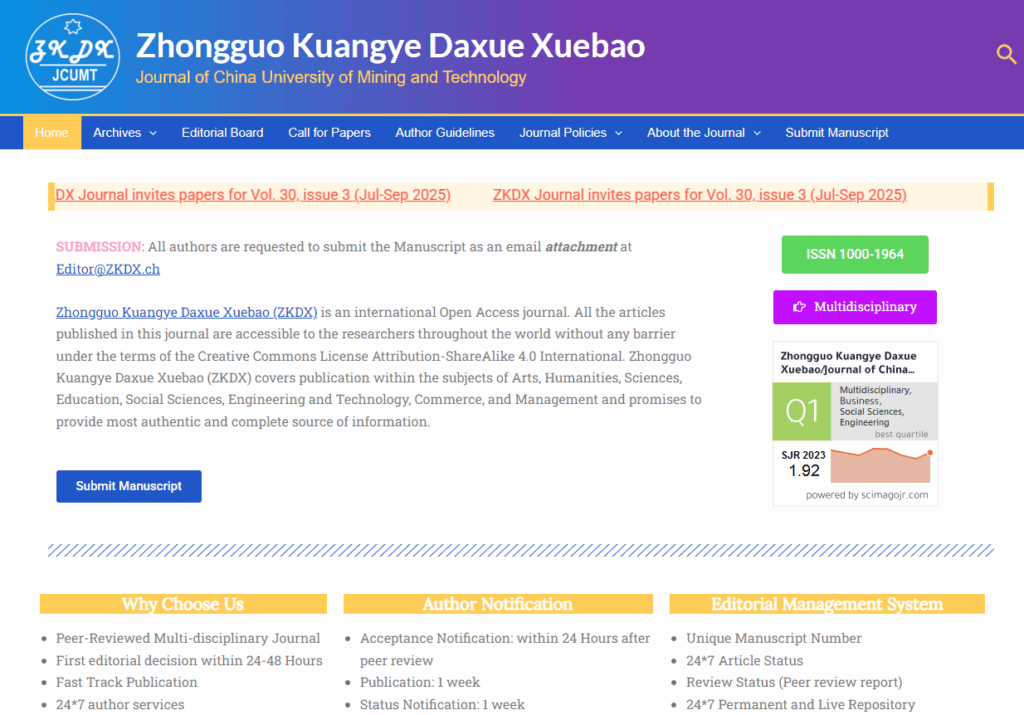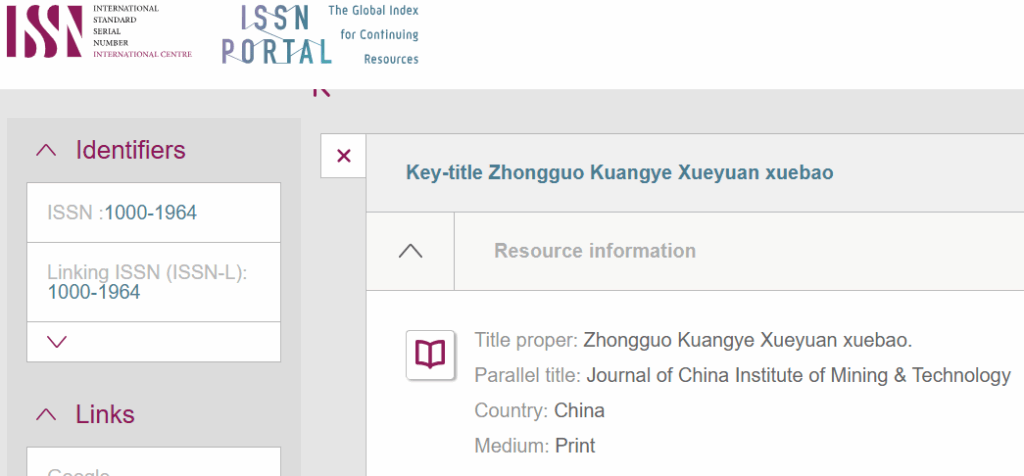Editor’s note: Mahmood Anwar is a former business management professor of the National Research University in Tashkent, Uzbekistan. In the course of his research, he keeps an eye out for flawed articles, he told Retraction Watch. He currently mentors 10 to 15 researchers who found him through his YouTube channel, where he discusses research ethics and explains study methods. In his own research, Anwar has covered topics such as feminism in the New Testament and smartphone use and short term memory. Anwar is also on the editorial board for Emerald Publishing’s VILAKSHAN – XIMB Journal of Management and International Journal of Management, Economics & Social Sciences. (Neither journal is indexed in Clarivate’s Web of Science.)
Aside from his research activities, Anwar also founded “Drive in Malaysia,” the country’s “First-ever Traffic Rules & Test Site,” according to the website. In addition to providing road safety education, the company has an independent review board. Anwar says the IRB was formed to approve research internally among the five members of the IRB committee, and most of the studies they review cover social sciences and road safety.
The journal described below did not respond to an email asking for verification of the editor-in-chief, the domain registration, or the ISSN discrepancy. Our expert and creator of our Hijacked Journal Checker, Anna Abalkina, corroborated Anwar’s findings. The journal has been added to our list.
While browsing the Google Scholar profile of a former colleague a few days ago, a journal with a bizarre title attracted my attention: Zhongguo Kuangye Daxue Xuebao (ZKDX).

Also known as the Journal of China University of Mining and Technology, ZKDX looks legitimate, with a nice web template that notes its association with a Chinese university. While browsing its archives and reading a few articles, I observed the applied quality control was not as good as the journal’s appearance. I found many structural, orthographic and analytical issues in several published articles.
Looking at its indexing status, the journal appears to be covered by Elsevier’s Scopus and ranked at Q1 as shown on Scimago – the highest Scopus quartile. The journal is also listed in Elsevier’s Compendex, which is considered an authoritative database in engineering and technology. I verified its indexing status using MIAR, which is a credible service offered by the University of Barcelona, Spain.

But, because Scopus removed URLs from indexed titles, making it impossible to tell legitimate from fake, something seemed fishy to me. The journal offers fast-track publication, covers multidisciplinary areas, and claims to have an impact factor of 5.750 for 2024. Although any journal can calculate its impact factor, academicians generally think a journal is indexed in Clarivate’s SSCI, SCI, SCIE or ESCI if it displays this metric. I checked Clarivate’s Master Journal List and found it has not been indexed.
The journal is open access and charges an article processing fee of USD $120 for accepted manuscripts. But it also forces the authors to sign a copyright transfer form, which is an anomalous practice for open access journals.
I searched the ISSN 1000-1964, displayed on the journal’s website, on the ISSN portal and found this ISSN was assigned to the print version of Zhongguo Kuangye Xueyuan Xuebao/Journal of China Institute of Mining & Technology.
Observe the difference:
- Zhongguo Kuangye Xueyuan Xuebao (ZKXX)/Journal of China Institute of Mining & Technology, versus
- Zhongguo Kuangye Daxue Xuebao (ZKDX)/Journal of China University of Mining and Technology.
This mismatch indicates the journal ZKDX, which claims to have ISSN 1000-1964, is a false-fake-imposter operation.

Should Scopus really index a journal whose title does not match the ISSN register and displays China University of Mining and Technology-Beijing as its publisher?
Another point of deception: ZKDX has a .ch top-level domain, presumably to convince unsuspecting authors that this journal belongs to China. However, the .ch domain is specific to Switzerland, whereas .cn is for China.
The editorial board page of this journal lists the names and affiliations of its editor-in-chief, associate editors, managing editor, and seven members of its editorial advisory and review boards. The affiliations of the rest of the board members are not provided.
When I searched the name of editor-in-chief Luengui Gungwu on Google Scholar and Baidu, I could not find any credible resource to identify any such person affiliated with China University of Mining & Technology, Beijing, PR. China.
Similarly, associate editors Junfang Xian (Chinese University of Hong Kong, PR. China), Yuan Shawn (Xi’an Jiaotong-Liverpool University, Suzhou) and Yue Zhang (University of California, Davis) have no online record. I also searched for managing editors Sing Chhan (The Australian National University) and Chien-wen Kou (National Chengchi University). I believe Sing Chhan is a made-up name because I cannot find any information about them. As far as Chien-wen Kou is concerned, he is affiliated with the National Chengchi University. My source sent him an email message on June 7 to verify his affiliation with ZKDX but never received a response.
My sleuth contacted several editorial board members, sending verification emails to “Yuen Yuen” (real name: Yuen Yuen Ang), “Miwah Hirhono” (real name: Miwa Hirono), “Ernest Caldwel” (real name: Ernest Caldwell), Biao Xiang, Wang Lu, and Beibei Tang. My sleuth only received a response from Ernest Caldwell, provost and chief academic officer at Regent College London, who said, “Thank you for your message. I have no knowledge of the journal you reference.”
My sleuth also contacted Yang Ying, director of the International Cooperation and Exchange Office at China University of Mining and Technology-Beijing, and asked him to verify the editor’s affiliation with his university and if his university publishes the journal, he responded:
Dr. Luengui Gungwu” is a foreign teacher not a Chinese, right? I don’t think that we have such a faculty member. Which school is he working at?
From this message, we can conclude that Dr. Luengui Gungwu is not affiliated with CUMTB.
According to ScienceDirect, the original Journal of China University of Mining and Technology was renamed as Mining Science and Technology (China) and again renamed as International Journal of Mining Science and Technology. This frequent change of name and displaying the name of the journal “Zhongguo Kuangye Daxue Xuebao/Journal of China University of Mining and Technology,” which does not match with the ISSN record, on Scopus paved the way to successful operations of this imposter journal. The original journal Zhongguo Kuangye Daxue Xuebao was published by the China University of Mining and Technology, according to SafetyLit record.
I believe Scopus creates confusion among authors because it indexes International Journal of Mining Science and Technology and also indexes Zhongguo Kuangye Daxue Xuebao/Journal of China University of Mining and Technology. Strangely, Scopus does not provide the journal URL, authors’ instructions, or editorial contact of the latter.
It seems that this imposter operation is located in India because Whois search shows IP location and ASN from India.

Credible and senior researchers like my former colleague published in this journal and failed to determine that this is a fake journal. Please give a thorough look to any journal’s website before article submission to avoid putting your efforts in vain.
Update, September 4, 2025: This article was updated to clarify that it appears that Scopus indexes the hijacked journal. Scopus does index the legitimate Zhongguo Kuangye Daxue Xuebao/Journal of China University of Mining and Technology, which a reader cannot verify because, as the guest post author writes, “Scopus does not provide the journal URL, authors’ instructions, or editorial contact.”
Like Retraction Watch? You can make a tax-deductible contribution to support our work, follow us on X or Bluesky, like us on Facebook, follow us on LinkedIn, add us to your RSS reader, or subscribe to our daily digest. If you find a retraction that’s not in our database, you can let us know here. For comments or feedback, email us at [email protected].

I think that the legit journal Zhongguo Kuangye Daxue Xuebao/Journal of China University of Mining and Technology
ISSN: 1000-1964 https://www.scopus.com/sourceid/18264 still exists. The homepage is https://kdxb.cumt.edu.cn/index.htm
Somehow the ISSN 1000-1964 is no longer linked to the legit owner (expired?) and since 27/04/2024 claimed by ‘someone else’ https://portal.issn.org/resource/ISSN/1000-1964# Not sure whether this is done by the imposters of the fake journal (their DOI nr. assigned to their ‘papers’ are disfunct. as well).
So, Scopus is still indexing the real and genuine papers. By the way the fact that the homepage link is removed on SCImago is in most cases because Scopus noticed that there is ‘confusion’ about the real website since there is a fake one on the net as well.